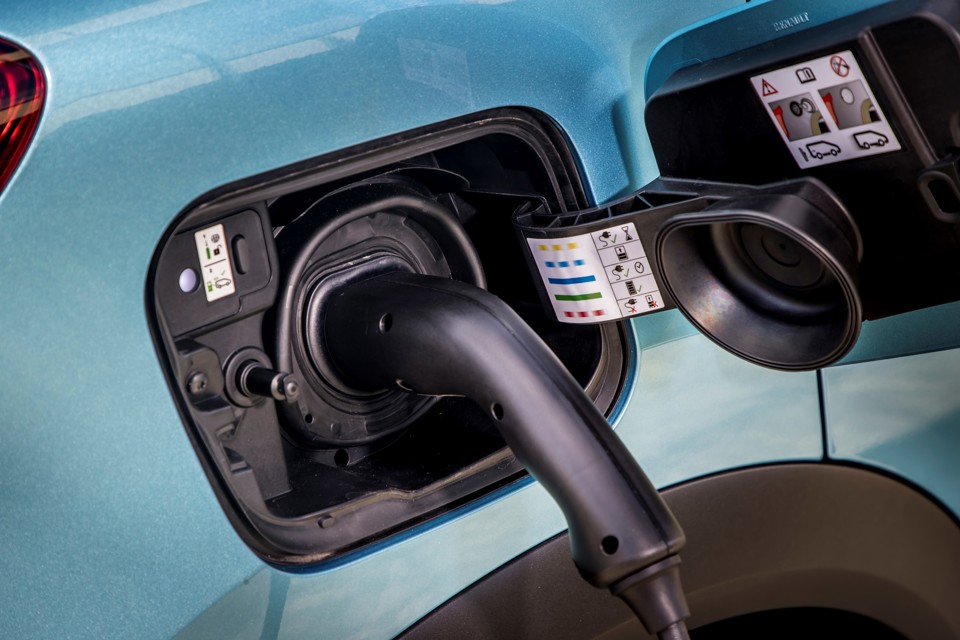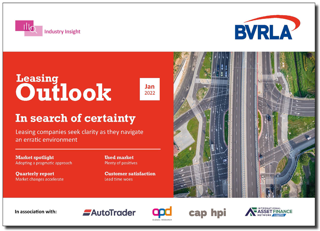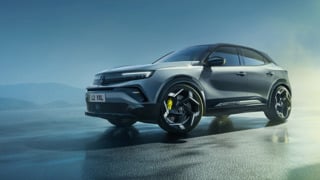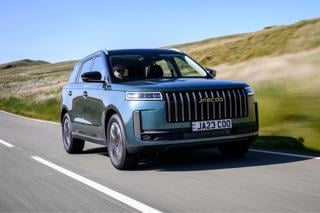Petrol is no longer the most popular fuel type for vehicles leased from members of the British Vehicle Rental and Leasing Association (BVRLA), new data suggests.
Instead, battery electric vehicles (BEVs) have overtaken petrol to become the most popular fuel type on the leasing fleet, according to the association’s latest Leasing Outlook report.
Accounting for 32% of new orders, this is the first time BEVs have been the most popular powertrain, marking a major milestone in the sector’s transition to zero-emission motoring.
BVRLA chief executive Gerry Keaney said: “Battery electric vehicles are dominating the order banks for company and salary sacrifice cars. This sector could hit the Phase-out target with years to spare. New electric car registrations have now overtaken petrol.
“Momentum for electric cars is building but will only continue if the Government resists the urge to pull the handbrake by introducing a major hike in benefit-in-kind tax.”
The BVRLA has forecast that the number of BEVs on the BVRLA leasing fleet will rise a further 40% in the next 12 months.
Addressing delegates at the association’s Fleets in Charge Conference, transport minister Trudy Harrison said: “The BVRLA and its members are leading this vital transition.
“Ten years ago, EVs were probably seen as a bit eccentric or a luxury that only a few could afford. I’m delighted that we’re turning that narrative on its head, in no small thanks to the actions of so many in this room.
“Zero emission vehicles are now more affordable, more popular, more important than ever and our best bet to a greener and low emission future.”
July’s Leasing Outlook report also shows Business Contract Hire returning to growth, although the popularity of Personal Contract Hire continues to close the gap in terms of the total fleet split.
PCH is up 7.5% year on year, with salary sacrifice the most dynamic subsector. Driven by favourable company car tax rates, salary sacrifice grew 41.2% to reach a total of 35,134 cars, the vast majority of which are BEVs.
When considering vehicle type, vans are the main success story again, growing 12.8% to reach 496,911 units. It is expected that figure would have been greater still had more new vehicles been available.
The van market is still behind cars when it comes to uptake of electric vehicles though, with the data suggesting a move towards larger LCVs, where fewer zero-emission models are in market.
> Interested in comparing electric vehicle data? Check out our EV tool.
> Interested in ensuring the efficient use of EVs. Check out our dedicated editorial sections: Insight & policy | EV news | Charging & infrastructure | Costs & incentives | Benefit-in-kind | EV case studies | EV road tests






















Login to comment
Comments
No comments have been made yet.